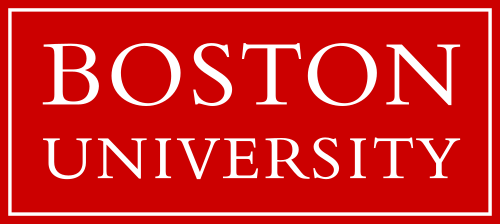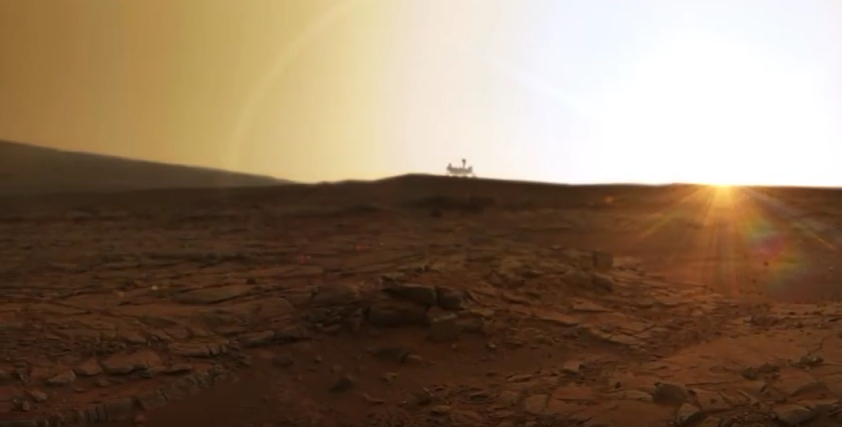Sharing the scientific process and its ability to empower knowledge-seekers from all walks of life is an exciting part of being a scientist. With this in mind, Dr. Marlow has spread his love of science - the questions, the process, and the results - in a variety of innovative ways. Scroll down to learn more about these projects.
Life and Lava Lakes // VolcaKnowledge Podcast
The VolcaKnowledge podcast covers the wide range of ways in which volcanoes shape nature, culture, and society. [This episode], hosted by volcanologist Sam Mitchell and produced by science presenter Huw James, features Dr. Marlow’s work on volcano-associated microbial communities.
American Museum of Natural History // Scicafe
SciCafe is the American Museum of Natural History’s monthly after-hours event that features leading scientists in a presentation and informal discussion with hundreds of members of the public. See [here] for a video recording of the event, entitled “The Microbial Worlds of the Deep Sea.”
Nature on PBS // Living Volcanoes
Volcanoes are among nature’s most impressive features, causing both enormous destruction and seeding life in unexpected ways. This episode of one of the world’s most iconic documentary series features my expedition to Vanuatu’s Marum Crater, one of the world’s seven lava lakes. Alongside Dr. Jens Kallmeyer and Chris Horsley, Dr. Marlow descends into the crater and collects precious samples that are bathed in a unique brew of toxic gases. Back in the lab, he has demonstrated metabolic activity in crater-associated fumaroles and mapped individual cells alongside volcanic mineral grains. See below for the episode’s trailer, [here] for the full episode, and [here] for additional content.
TED x Beacon Street Salon: Exploration Before Exploitation - a Rallying for the High Seas
The ocean is a remarkable place, full of bizarre creatures and otherworldly geologic phenomena. The wealth of information we've gained from deep-sea exploration - from bioindustrial products to key links of the evolutionary chain - comes from just 0.01% of the seafloor. There's so much more to be found, and yet human-caused changes are already afflicting the most remote corners of the ocean. Fortunately, the United Nations is poised to develop a unifying law that may conserve the high seas, making sure we don't lose precious species before we even discover them.
MIT Media Lab // Here be Dragons
The Here be Dragons workshop, facilitated by the Media Lab's Open Ocean Initiative, convened explorers, innovators, artists, scientists, and storytellers to identify the uncharted territories of ocean exploration and storytelling.
National Geographic
Methane metabolism and energetics could have important implications in the search for life on Mars.
This video captures the research priorities of our recent expedition to newly discovered methane seeps off the coast of New England.
National Geographic // Explorers Week Symposium
As a part of National Geographic's 2016 Explorers Week, held at the organization's Washington, D.C. headquarters, Dr. Marlow shared some highlights from the field and explained the importance of studying extreme microbes and their mysterious metabolisms.
Dive Deeper // Alvin Video Series
To commemorate the Deep Submergence Vehicle Alvin's contribution to scientific research, Woods Hole Oceanographic Institution and UnderCurrent Productions developed a series of videos highlighting the sub's capabilities.
lego education // google science Fair
LEGO Education recently launched [WeDo 2.0], which incorporates aspects of computer programming, experimentation, and active inquiry into elementary school curricula. As a scientific consultant on the project, Dr. Marlow sought to ensure that skills taught through the modules were consistent with those required by active research scientists. [Press Release]
Through LEGO Education's involvement in the Google Science Fair, Dr. Marlow participated in the "Ask A Scientist" interview series, speaking briefly with 2013 Science Fair finalist Elif Bilgin about the limits of microbial life.
TED x Beacon Street: What is life?
Even as we send robotic explorers into space to look for signs of life and answer eternal questions of life beyond Earth, scientists lack a coherent definition of the phenomenon. A theoretical underpinning of life is needed, and expeditions to the planet's most extreme environments are helping to broaden our understanding of biological possibilities.
The front lines of exploration
Technological advancements over the last few decades have dramatically changed the nature of exploration, opening up vast new worlds while minimizing our physical involvement in their investigation. In this contribution to the Caltech Humanities and Social Sciences' "Exploration: The Globe and Beyond" lecture series, Dr. Marlow leads a journey from the deep sea to the volcanoes of Vanuatu and the dusty plains of Mars to show how modern exploration happens.
Our Curiosity
The Curiosity Mars Rover is one of the most complex machines ever built, a fully equipped analytical laboratory rolling around on the surface of another planet. In order to share the beauty of the mission's exploratory spirit and scientific prowess, Dr. Marlow co-executive produced and wrote the short film, "Our Curiosity". Narration was provided by Neil DeGrasse Tyson and Felicia Day, and the original score was composed by co-EP and Grammy-nominated composer Austin Wintory.
Press Coverage: [National Geographic], [The Denver Post], [WIRED], [Slate], [Pasadena Star-News], [The Washington Post]
Alvin Short Documentary



TED x Caltech: the forces of Exploration
In this brief presentation at the inaugural TEDx Caltech, Dr. Marlow offers an impassioned endorsement of the uniting power of exploration, and show how astrobiology is pushing boundaries in exciting ways.





